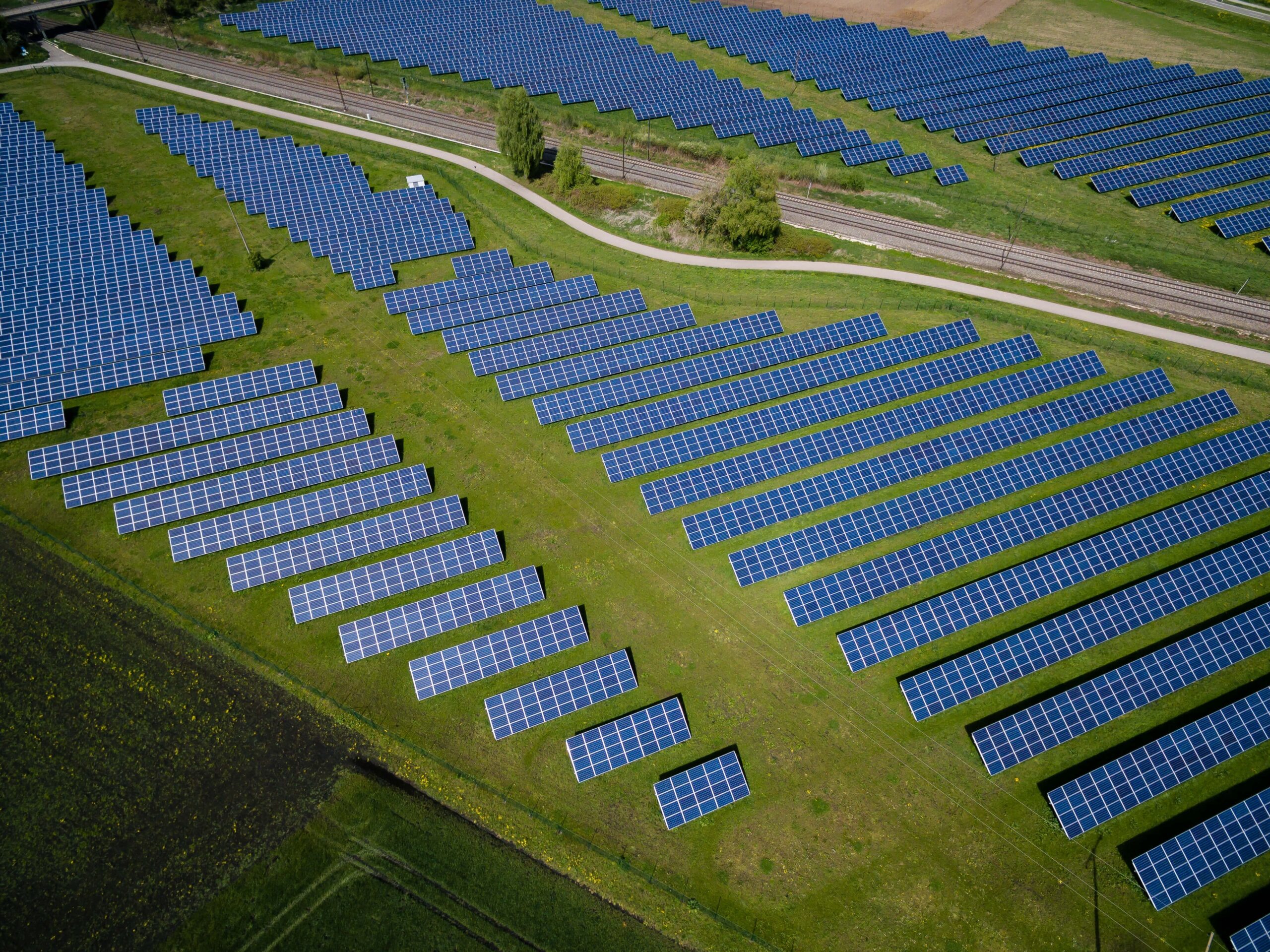There is no need for new fossil fuel supplies, according to a special report, Net Zero by 2050: A Roadmap for the Global Energy Sector, released by The International Energy Agency (IEA) . The report is the agency’s first comprehensive study and scenario aligned with limiting global warming and achieving net-zero emissions. The report from the IEA is an effort to outline a transition to bring global energy-related carbon dioxide emissions to net zero by 2050 and limit the global temperature rise to 1.5 degrees Celsius (°C).
The agency stressed the importance of no new oil and gas fields, as well as no new coal mines or mine extensions in the pathway to 2050.
Embracing this position is a major milestone, and must be built upon. Instead of dependence on fossil fuels, the IEA spotlighted alternative energy sources, including solar and wind sources. Corresponding with decreased dependence on fossil fuels, the report calls for increased use on renewable energy.
This is a stark contrast to previous IEA efforts; they previously boosted new oil and gas development in its flagship annual World Energy Outlook, but now have turned 180 degrees in their position.
Fossil fuel extraction leads to increased pollution and can damage landscapes, hurting the natural habitats of vulnerable marine animals. Increased focus on alternative energy sources benefit marine animals, with these problems becoming an issue of the past. They will be free to live in undisturbed and cleaner habitats, benefitting future generations of these magnificent creatures.




